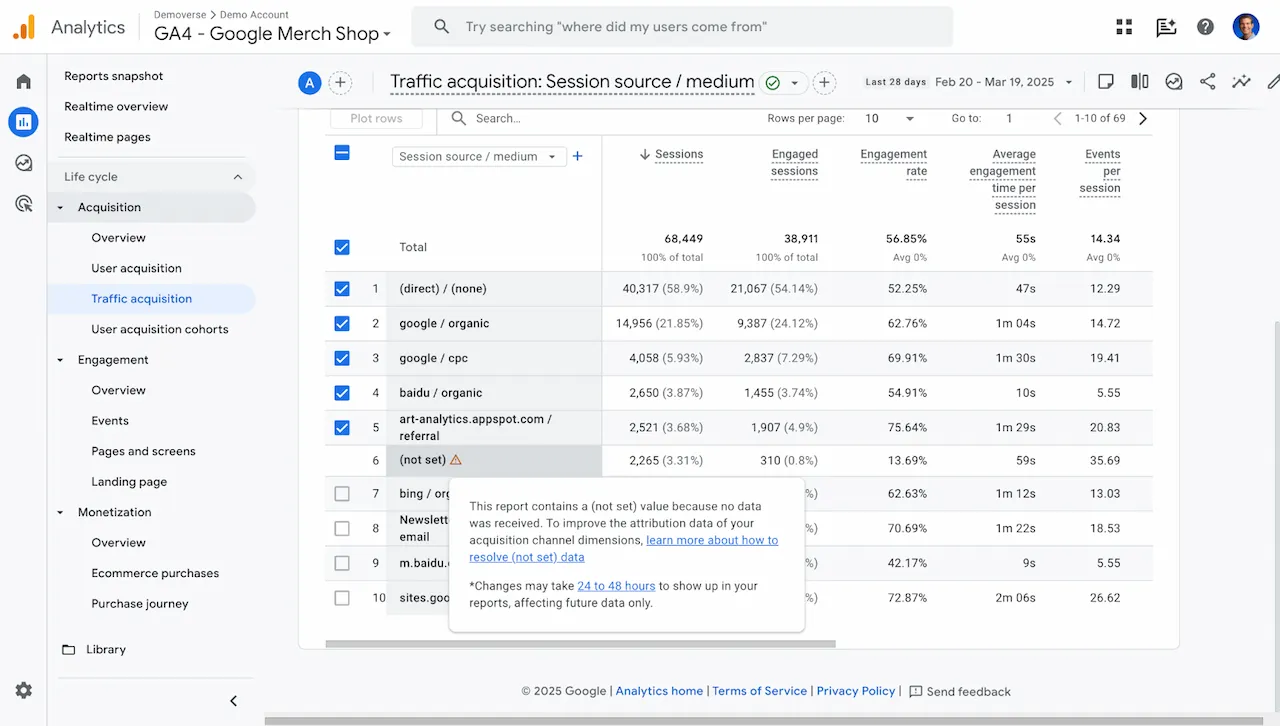As privacy regulations and tracking limitations reshape digital marketing, PPC managers face growing challenges in maintaining accurate attribution. Google Analytics is stepping up with new data quality improvements designed to help advertisers make more reliable, insight-driven decisions.
These updates focus on ensuring you can trust your campaign performance reports, even in a landscape where data loss from consent management or tracking gaps is increasingly common. Here’s what you need to know to protect your optimization efforts and drive ROI.
Enhanced Attribution with Aggregate Identifiers and Smart Fallbacks
One of the most critical challenges in performance tracking today is attribution loss due to missing identifiers like GCLID. Google Analytics now introduces aggregate identifiers to close this gap. When GCLID isn’t available, Google Analytics uses these aggregate signals to maintain attribution accuracy.
Additionally, smart fallback mechanisms ensure that even when aggregate identifiers can’t be applied, your utm_campaign parameters serve as the final fallback. This reduces misattribution to “Organic” channels, preserving the integrity of your paid campaign performance data.
Improved Data Transparency for Smarter Decision-Making
Google Analytics is improving how data is presented by introducing tooltips and clear labeling to make data limitations more understandable.
- “Data not available”: This label now appears in Source and Medium fields when Google hasn’t processed data yet, helping you distinguish between system delays and actual data gaps.
- “(not set)”: Used when no data is captured for a specific dimension, often due to tracking issues or missing parameters. Google provides actionable tips, such as enabling auto-tagging or linking Google Ads and Analytics, to help reduce these occurrences.

New Diagnostic Tools to Catch and Fix Tracking Issues
Google Analytics now features a proactive Data Quality Indicator that alerts you to potential data collection issues. For example, if your reports show missing session_start events, the tool highlights the problem and provides links to resources on how to resolve it.
Additionally, system-generated annotations are now embedded in your reports. These auto-generated notes inform you of changes in data processing or platform behavior, ensuring you stay ahead of any shifts that might impact your metrics.
What PPC Managers Should Do Next
To fully benefit from these data quality enhancements, consider the following actions:
- Review your current campaign tagging and ensure utm_campaign parameters are consistently applied as a fallback strategy.
- Enable auto-tagging and properly link your Google Ads and Analytics properties to reduce “(not set)” values in reports.
- Monitor the Data Quality Indicator in your reports regularly to catch and fix tracking issues early.
- Educate your team on the meaning of new labels like “data not available” to improve data literacy and decision-making.
- Watch for system-generated annotations to stay informed about platform changes that could affect your data.
Why This Matters for Your Campaigns
- Protects your paid performance data from being misattributed to organic channels.
- Improves transparency, helping you understand what data is missing and why.
- Provides proactive tools to fix implementation issues before they impact your reporting.
- Helps you make smarter, data-backed optimizations that drive better ROI.
